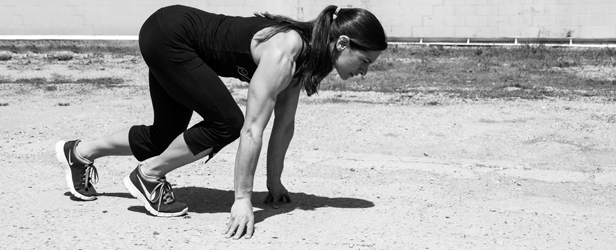
My father was a mailman for 30 years. Half of his 8 hour day was spent on a walking route. If he tracked it, he said it was about 6-7 miles every day. He did this until just 10 months ago when he retired at the age of 64.
He stayed in pretty good shape over the years. And for the most part didn't really gain any weight.
Or lose any. When his walking route was consistent, his weight was as well.
That job became his normal for him. The 4 hours he spent walking, delivering mail PLUS whatever food he was eating was allowing him to maintain his weight. Remember, this is coming from someone who would eat relatively decent, but trust me, enjoyed his junk food too. 😉

So, let's take a look at this and see why I'm bringing this point up in the first place:
Let's say his normal metabolic rate (every day function, waking up, breathing, walking around the house) is 2000 calories (I'm going to use nice round numbers to make this easy to understand).
Let's say at work and all the walking he does is another 1000 calories.
In order to MAINTAIN his weight, he would be eating 3000 calories a day.
The few times he gained 8-10 pounds? He was eating more than that. Or maybe he was off work from a knee surgery, but eating the same. So his expenditure was only his BMR and his intake was still high.
The few times he lost 8-10 pounds? He was being a little more careful about food choices, skipping the junk, so his intake was lower. Or maybe he was working a couple weeks of overtime and expending another 500 calories.
But generally speaking, when things were constant, his weight maintained.
I have many clients who tell me they park at the farthest spot and walk to work/gym/store. I have clients who make sure they move 10,000 steps a day at work. I have some who have physical labor jobs for 12 hours shifts.
You can bet your bottom that someone who STARTS these new habits or activities or jobs like that will most likely lose weight because the increase in expenditure will be NEW to their body (taking away any other eating/exercising variables). Once that daily movement and those physical tasks become "normal", the body stabilizes and soon you stop losing weight. Because let's face it... you can't just keep losing weight or you'd be a toothpick.
Once the body adjusts to the new stimulus things level off. The body adapts. Those clients I mentioned above will say things like, "But I have a labor job.... I walk around a lot.... That counts as my cardio!!"
Ahh... be very careful how you associate your daily activities with "cardio".
I am certainly not here to argue that moving around a lot is a bad thing. It's awesome and we should all do it! But just like my dad walking his mail route, that becomes "normal every day activity".
I can assure you that the walking was good for his health and heart and bones! But if we would've asked me how to lose weight, something would've had to change. Either he would have to move MORE or do a different type of exercise (weight training) or eat less.
Moral of the story: Your every day movement is important. I'm not saying it's not. And if every day you moved a little more than the day before, it can aid in weight loss. Just be mindful that if your physical labor job is your "norm", something else is going to need to change.










